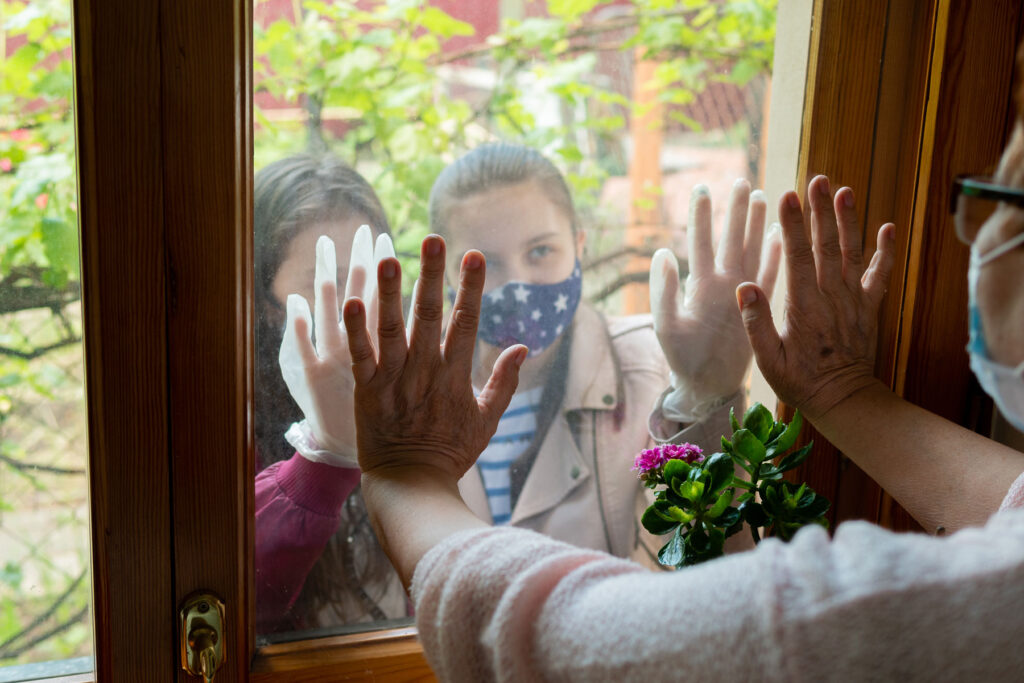Objectives | In response to the coronavirus disease 2019 (COVID-19) pandemic, older adults are advised to follow social distancing measures to prevent infection. However, such measures may increase the risk of loneliness. The current study aimed to investigate (a) whether social distancing measures, particularly limiting close social interactions, are associated with loneliness among older adults, and (b) whether the association between social distancing measures and loneliness is moderated by sociodemographic characteristics.
Method | Data were from the fourth wave (April 29 to May 26, 2020) of the nationally representative Understanding America Study COVID-19 Survey. We used data on adults 50 years or older (N = 3,253). Logistic regression models of loneliness were performed. Five indicators of social distancing measures were considered: (a) avoiding public spaces, gatherings, or crowds; (b) canceling or postponing social activities; (c) social visits; (d) no close contact (within 6 feet) with people living together; and (e) with people not living together.
Results | Cancelling or postponing social activities and avoiding close contact with people living together were associated with 33% (odds ratio [OR] = 1.33, confidence interval [CI] = 1.06−1.68, p < .05) and 47% (OR = 1.47, CI = 1.09−1.99, p < .05) greater odds of loneliness, respectively. Furthermore, limiting close contact with coresidents increased the probability of loneliness more for males, non-Hispanic Whites, and those with higher levels of education and income.
Discussion | Efforts should be made to help older adults maintain social connectedness with close others by virtual communication methods. Our findings also call special attention to vulnerable groups at elevated risks of loneliness, emphasizing the need for tailored interventions.
This study was published in The Journals of Gerontology.
